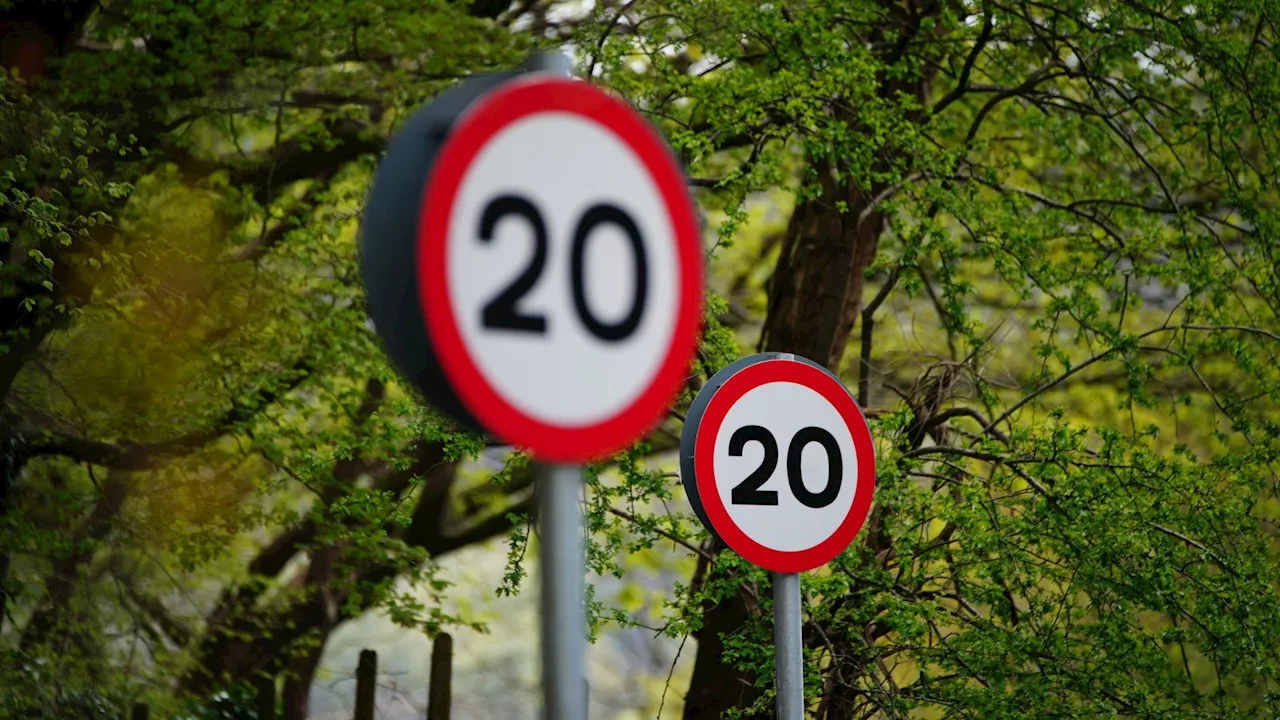A new study links walking speed at age 45 to signs of accelerated aging and cognitive decline, suggesting it could be an early indicator of future health issues.
A new study has found a link between walking speed and overall health, suggesting that gait speed could be an early indicator of cognitive decline and accelerated aging. Researchers from the University of Otago in New Zealand examined data from the Dunedin Multidisciplinary Health and Development Study, which followed 904 participants from birth to age 45.
They discovered that those who walked slower at age 45 exhibited signs of premature aging, including accelerated facial aging, weaker teeth, compromised lung function, and a less robust immune system. This association between slower gait speed and accelerated aging extends beyond physical health. The study also revealed a significant difference in IQ scores between the slowest and fastest walkers, an average of 16 points. Interestingly, this cognitive difference was linked to how well participants performed on cognitive tests at the remarkably young age of three. While gait speed is a well-established health marker for older adults, this research sheds light on its implications for overall health and cognitive function much earlier in life.The findings emphasize the importance of regular exercise throughout life, even in younger years. Experts recommend that older adults (over 65) engage in some form of physical activity daily, even if it's just light movement, to mitigate the risk of heart disease and stroke. This study suggests that promoting healthy gait and incorporating regular exercise into daily routines could potentially delay the onset of cognitive decline and promote healthier aging
Gait Speed Dementia Aging Cognitive Decline Exercise
United Kingdom Latest News, United Kingdom Headlines
Similar News:You can also read news stories similar to this one that we have collected from other news sources.
 Manchester Embraces 30mph Speed Limit with Average Speed CamerasManchester city council is implementing a comprehensive plan to reduce speed limits across the city, employing average speed cameras to ensure compliance.
Manchester Embraces 30mph Speed Limit with Average Speed CamerasManchester city council is implementing a comprehensive plan to reduce speed limits across the city, employing average speed cameras to ensure compliance.
Read more »
 Wales's 20mph Speed Limit Shows Early Promise, But Long-Term Impact Remains UnclearData released by the Welsh government shows a reduction in road casualties following the introduction of the default 20mph speed limit in built-up areas. While Transport Secretary Ken Skates welcomes the initial findings, he acknowledges that it will take several years to definitively assess the policy's long-term impact. Evaluations are planned to scrutinize the data further and determine if the 20mph limit has contributed to a significant reduction in collisions and fatalities.
Wales's 20mph Speed Limit Shows Early Promise, But Long-Term Impact Remains UnclearData released by the Welsh government shows a reduction in road casualties following the introduction of the default 20mph speed limit in built-up areas. While Transport Secretary Ken Skates welcomes the initial findings, he acknowledges that it will take several years to definitively assess the policy's long-term impact. Evaluations are planned to scrutinize the data further and determine if the 20mph limit has contributed to a significant reduction in collisions and fatalities.
Read more »
 Interval Walking: The Key to Maximizing Fat BurnDiscover how a simple change in your walking routine can significantly boost your metabolism and accelerate weight loss. Interval walking, alternating between brisk and regular walking paces, burns twice the fat compared to constant-pace walking. This article explores the science behind interval walking, its benefits, and how to incorporate it into your fitness regimen.
Interval Walking: The Key to Maximizing Fat BurnDiscover how a simple change in your walking routine can significantly boost your metabolism and accelerate weight loss. Interval walking, alternating between brisk and regular walking paces, burns twice the fat compared to constant-pace walking. This article explores the science behind interval walking, its benefits, and how to incorporate it into your fitness regimen.
Read more »
 Enterprises in for a shock when they realize power and cooling demands of AIEnergy consumption set to become a key performance indicator by 2027
Enterprises in for a shock when they realize power and cooling demands of AIEnergy consumption set to become a key performance indicator by 2027
Read more »
 Manchester to Introduce 20mph Speed Limit in Residential AreasManchester City Council is planning to implement a 20mph speed limit on residential roads and some city centre streets, while also reducing main roads to 30mph. The move aims to improve road safety after a surge in pedestrian and cyclist accidents since the pandemic. While acknowledging enforcement challenges, the council believes the change could lead to overall reductions in speed.
Manchester to Introduce 20mph Speed Limit in Residential AreasManchester City Council is planning to implement a 20mph speed limit on residential roads and some city centre streets, while also reducing main roads to 30mph. The move aims to improve road safety after a surge in pedestrian and cyclist accidents since the pandemic. While acknowledging enforcement challenges, the council believes the change could lead to overall reductions in speed.
Read more »
 Manchester to Consider 20mph Speed Limit on Residential RoadsManchester City Council is proposing to implement a 20mph speed limit on residential roads across the city, with main roads reduced to 30mph. The proposals follow a similar scheme implemented in Wales, which has been met with both support and criticism.
Manchester to Consider 20mph Speed Limit on Residential RoadsManchester City Council is proposing to implement a 20mph speed limit on residential roads across the city, with main roads reduced to 30mph. The proposals follow a similar scheme implemented in Wales, which has been met with both support and criticism.
Read more »
